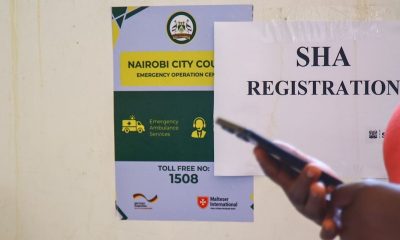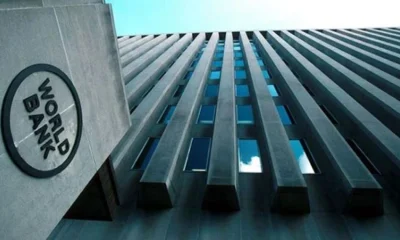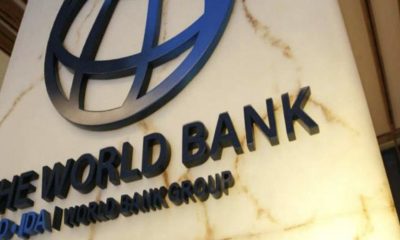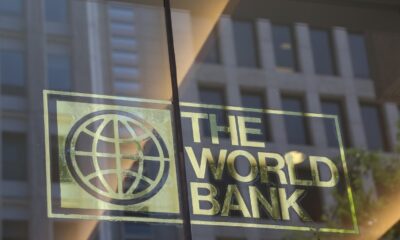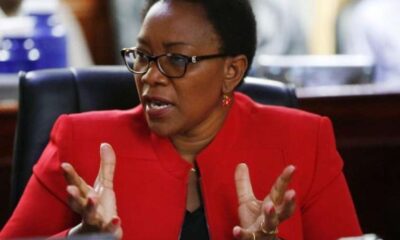Economy
Corruption: World Bank Stops Funding Bridge International Academies
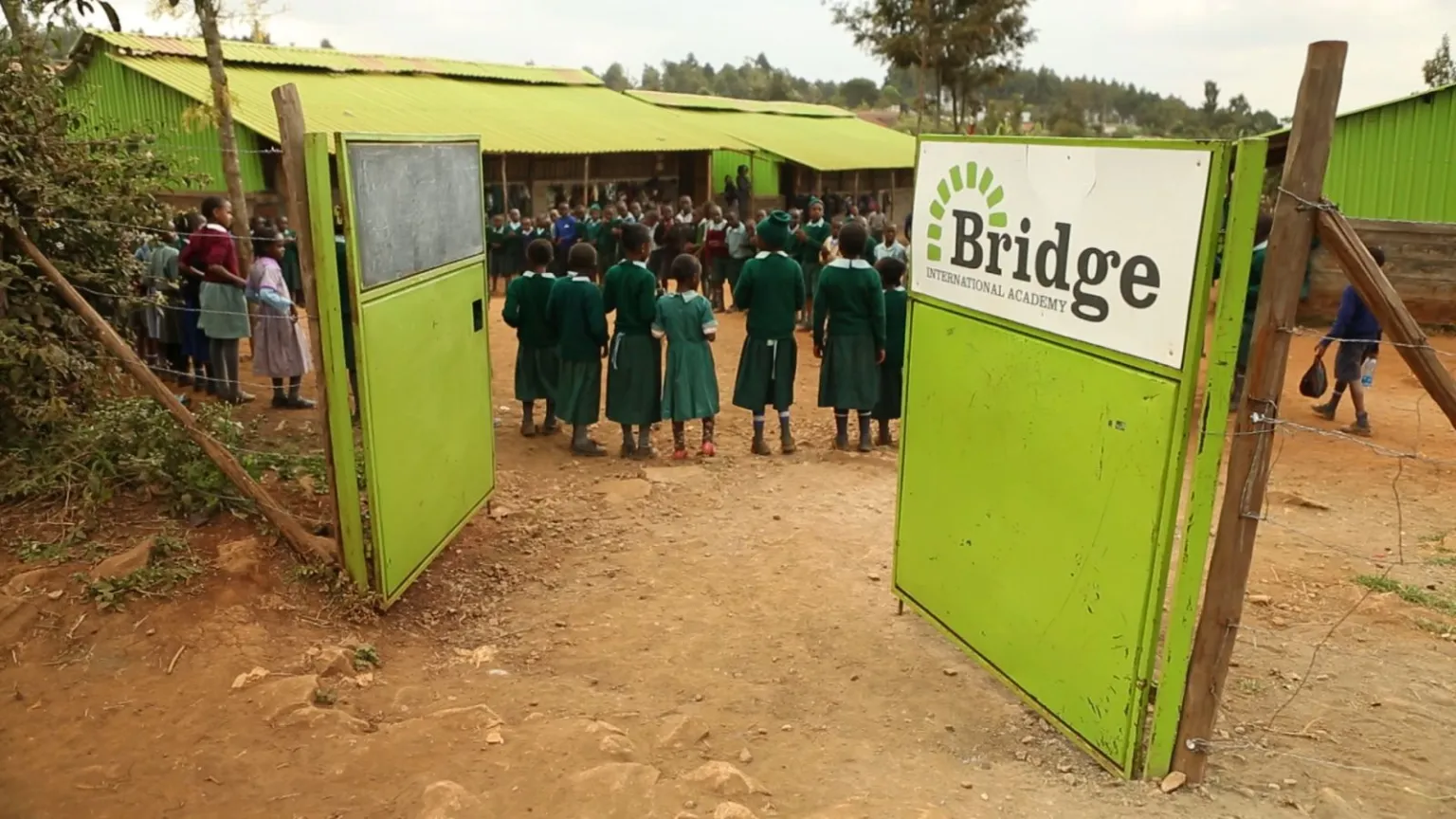
The World Bank’s International Finance Corporation (IFC) has divested from Bridge International Academies (BIA) amid pressure from education stakeholders that the low-cost private schools are for profit.
This move also comes amid reports of scandals that have been reported surrounding BIA and a series of serious complaints to the IFC’s independent accountability mechanism, the Compliance Advisor Ombudsman (CAO) regarding the IFC’s investment in the company.
In April 2018, CAO received a complaint from the East Africa Centre for Human Rights, a Kenyan NGO, on behalf of current and former parents and teachers regarding IFC’s investment in the Company in Kenya.
In the course of the compliance investigation, CAO became aware of several allegations of child sexual abuse at the Company’s schools.
In its Appraisal Report published in October 2019, the CAO announced its decision to carry out a full compliance investigation into the adequacy of the IFC’s due diligence and supervision of its investee. The compliance investigation is ongoing.
In June 2020, the CAO confirmed acceptance of two new cases on BIA, filed by the parents of two children who were electrocuted while in a BIA school in Nairobi, Kenya.
The electrocution caused the death of one child and injuries to the other. The Complainants and the Company agreed to engage in dispute resolution to try to arrive at a mediated settlement. The dispute resolution process is still ongoing.
Finally, in December 2020, the CAO concluded in its appraisal report that there are “substantial concerns regarding the child safeguarding and protection outcomes of IFC’s investment in Bridge considering: (a) specific allegations of child sexual abuse involving Bridge staff and students; (b) the child safeguarding and protection risks of the schools in light of their number, their student body (coming from low-income families), and the young age of students.” The compliance investigation is also ongoing.
The IFC has invested a total of $13.5 million in BIA since 2014, with the intention of supporting the company’s expansion to other countries.
In response to the divestment, Anderson Miamen, National Coordinator of the Coalition for Transparency and Accountability in Education (COTAE) in Liberia, said: “We applaud the IFC and World Bank for this bold step, which is long overdue. This is an extremely welcome development and a win for ongoing efforts by right-to-education campaigners and others to push for more investment in public education by governments and development partners across the world, especially in Africa.”
On her part, Nadia Daar, Head of Oxfam International’s Washington DC office, said: “This is a clear signal that the IFC is distancing itself further from investments that pose risks to children, families, and teachers, and undermine public education systems. The IFC should also make permanent its freeze on investments in for-profit private education.”
The IFC divestiture comes at a time when a majority of BIA schools have closed down since their for-profit model was unsustainable, particularly in the wake of COVID-19.
Bridge Academies boasted a population of 100,000 pupils in 2016 as they acquired land in slums like Mathare and Kibera.
The divestment was confirmed through a note published on 9 March.
Kenya Insights allows guest blogging, if you want to be published on Kenya’s most authoritative and accurate blog, have an expose, news TIPS, story angles, human interest stories, drop us an email on [email protected] or via Telegram
-

 Investigations1 week ago
Investigations1 week agoBillions Stolen, Millions Laundered: How Minnesota’s COVID Fraud Exposed Cracks in Somali Remittance Networks
-

 News1 week ago
News1 week agoUS Moves to Seize Luxury Kenya Properties in Sh39 Billion Covid Fraud Scandal
-

 Investigations1 week ago
Investigations1 week agoJulius Mwale Throws Contractor Under the Bus in Court Amid Mounting Pressure From Indebted Partners
-

 News1 week ago
News1 week agoMAINGA CLINGS TO POWER: Kenya Railways Boss Defies Tenure Expiry Amid Corruption Storm and Court Battles
-

 Americas1 week ago
Americas1 week agoUS Govt Audits Cases Of Somali US Citizens For Potential Denaturalization
-

 Americas2 days ago
Americas2 days agoTrump Says US Needs Greenland For Its National Security
-

 Sports2 days ago
Sports2 days agoThe Easy Way to MSport Ghana: From Login to Your First Bet
-

 Sports2 days ago
Sports2 days agoWhat Makes Yesplay the Go-To Gambling Platform for South Africans?



